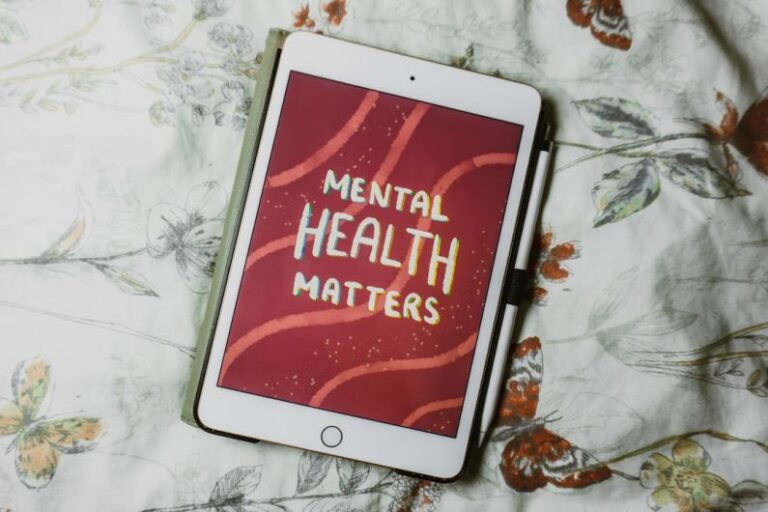Mindfulness Practices for Sustained Resilience
In today’s fast-paced world, it’s easy to feel overwhelmed by the challenges and uncertainties that life throws our way. However, the key to navigating these obstacles with grace and resilience lies in the practice of mindfulness. By cultivating mindfulness, we can learn to stay present in the moment, regulate our emotions, and build a strong foundation for sustained resilience. In this article, we will explore various mindfulness practices that can help you develop the mental fortitude needed to weather life’s storms and emerge stronger on the other side.
Understanding Mindfulness
Mindfulness is the practice of paying attention to the present moment with openness, curiosity, and acceptance. It involves being fully engaged in whatever we are doing, whether it’s eating, walking, or simply breathing. By tuning into the present moment without judgment, we can cultivate a sense of calm and clarity that allows us to respond to challenges with greater resilience.
Practice 1: Mindful Breathing
One of the simplest and most effective mindfulness practices is mindful breathing. By focusing on the sensation of your breath as it enters and leaves your body, you can anchor yourself in the present moment and quiet the chatter of the mind. Try taking a few deep breaths, feeling the air fill your lungs, and exhaling slowly. Notice the rise and fall of your chest and the sensation of the breath passing through your nostrils. With each breath, let go of any tension or stress you may be holding onto, allowing yourself to relax and be fully present in the moment.
Practice 2: Body Scan Meditation
Body scan meditation is a powerful mindfulness practice that involves systematically bringing awareness to each part of your body. Start by finding a comfortable position and closing your eyes. Begin at your toes and gradually move your attention up through your legs, torso, arms, and head, noticing any sensations or areas of tension along the way. By tuning into your body in this way, you can release physical and emotional stress, promoting a sense of deep relaxation and grounding.
Practice 3: Mindful Movement
Mindful movement practices, such as yoga or tai chi, offer a dynamic way to cultivate mindfulness while engaging in physical activity. These practices involve coordinating breath with movement, allowing you to connect with your body and the present moment in a fluid and intentional way. By moving mindfully, you can improve your flexibility, strength, and balance, while also calming the mind and reducing stress.
Practice 4: Loving-Kindness Meditation
Loving-kindness meditation is a mindfulness practice that involves cultivating feelings of compassion and goodwill toward yourself and others. Start by sitting quietly and bringing to mind someone you care about deeply. Silently repeat phrases such as “May you be happy, may you be healthy, may you be safe, may you live with ease.” Gradually extend these wishes to yourself, loved ones, acquaintances, and even those with whom you may have difficulty. By cultivating feelings of kindness and empathy, you can foster resilience and strengthen your relationships with others.
Practice 5: Mindful Eating
Mindful eating is a practice that involves bringing awareness to the experience of eating, allowing you to savor each bite and appreciate the nourishment it provides. To practice mindful eating, try turning off distractions such as screens and focusing on the colors, textures, and flavors of your food. Chew slowly and notice the sensations in your mouth and throat as you swallow. By eating mindfully, you can develop a healthier relationship with food, reduce overeating, and increase your enjoyment of meals.
Cultivating Resilience Through Mindfulness
By incorporating these mindfulness practices into your daily routine, you can cultivate the mental resilience needed to navigate life’s challenges with grace and ease. Mindfulness allows you to stay present, regulate your emotions, and respond to difficulties with clarity and compassion. Whether you’re facing a stressful situation, coping with uncertainty, or simply seeking greater peace of mind, mindfulness can be a powerful tool for building sustained resilience and well-being in your life.





